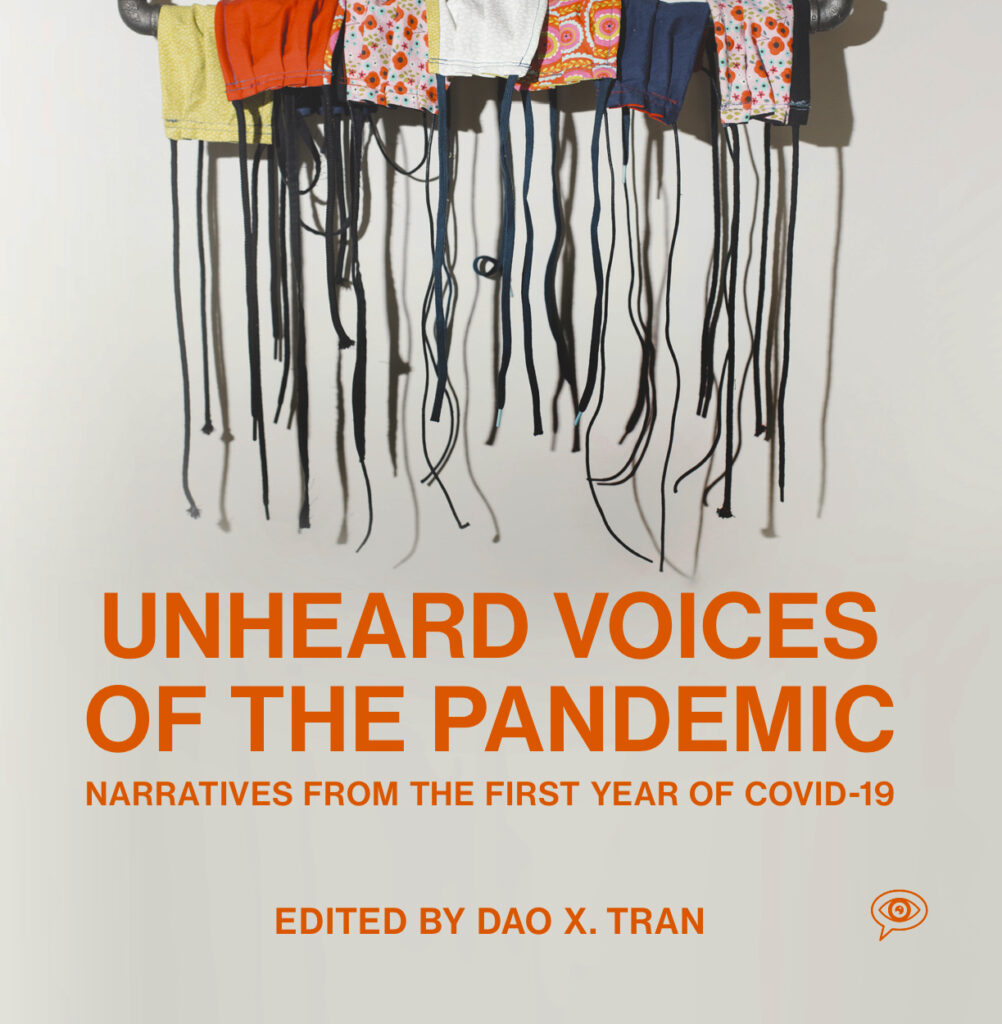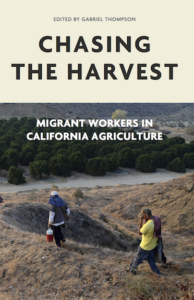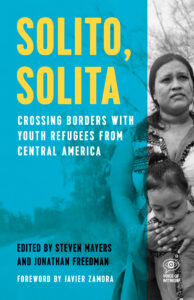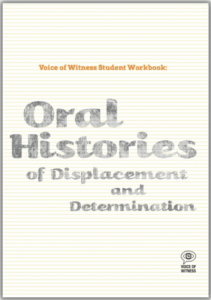The Voice of Witness book series amplifies the stories of people directly impacted by—and fighting against—injustice. We use an oral history methodology that combines ethics-driven practices, journalistic integrity, and an engaging, literary approach.
The books explore issues of inequity and human rights through the lens of personal narrative. Each project aims to disrupt harmful narratives by supporting historically marginalized or silenced communities to tell their own stories in their own words.
Book clubs are useful tools for engaging and interacting with these oral histories and the issues they highlight. Find our handout with guidance on planning and facilitating one here.
Use the questions below to start a book club for Unheard Voices of the Pandemic: Narratives from the First Year of COVID-19.

Discussion Questions:
- The stories in Unheard Voices of the Pandemic highlight oral history as a way for individuals to communicate their experiences of the pandemic. What are some of the distinctions between oral history and other kinds of storytelling, reporting, or journalism?
- In Roberto Valdez’s narrative, he says the pandemic forced people to see farmworkers as “essential workers.” What do you think contributes to the lack of awareness about the essential role farmworkers play?
- In Hanima Eugene’s narrative, she describes that formerly incarcerated people face many barriers, which have been exacerbated by the pandemic. What are some of those barriers and how does the pandemic exacerbate them?
- Soledad Castillo talks about the emotional stress that many immigrants face being so far from their families. She mentions that COVID-19 has caused other people to have similar experiences. What are some of the impacts the pandemic has had on families, and how might they differ for immigrant communities?
- In Blaine Wilson’s narrative, he discusses how the pandemic has impacted every aspect of his life, from his cultural traditions to a connection with his ancestors. What are some of the ways the pandemic may be affecting Indigenous communities differently than non-Indigenous communities?
- Nurse Farida Fernandez observes that Black communities have experienced a disproportionate number of deaths from COVID-19. She says the “structural issues” that cause Black communities to be susceptible to COVID are never discussed. What specific kinds of structural issues is she referring to?
- In Michael “Zah” Dorrough’s story, he describes that ocials at Corcoran Prison “had no plan in place” to address the surging number of COVID cases. He also says, “You are really on your own where it involves medical issues in prison.” How are people in U.S. prisons treated and what obstacles do they face?
- Nina Gonzalez describes the fears and challenges experienced during the pandemic by her employees, who are all undocumented. What are some of the ways the pandemic has impacted undocumented communities differently than people who are documented/are citizens?
- Gabriel Méndez talks about the challenges of continuing his college classes virtually at home. What are some of the difficulties that students face with virtual and remote learning during the pandemic?
- Each of the narrators in this collection shares their own unique, personal story about living through the pandemic. What is something you would like others to know about your own experiences (or the experiences of those in your community) during the pandemic?
- In the introduction to Unheard Voices of the Pandemic, the Voice of Witness editors share how working on this collection helped them feel connected with each other and their communities. What are ways that you have felt connection and/or comfort during the pandemic?



